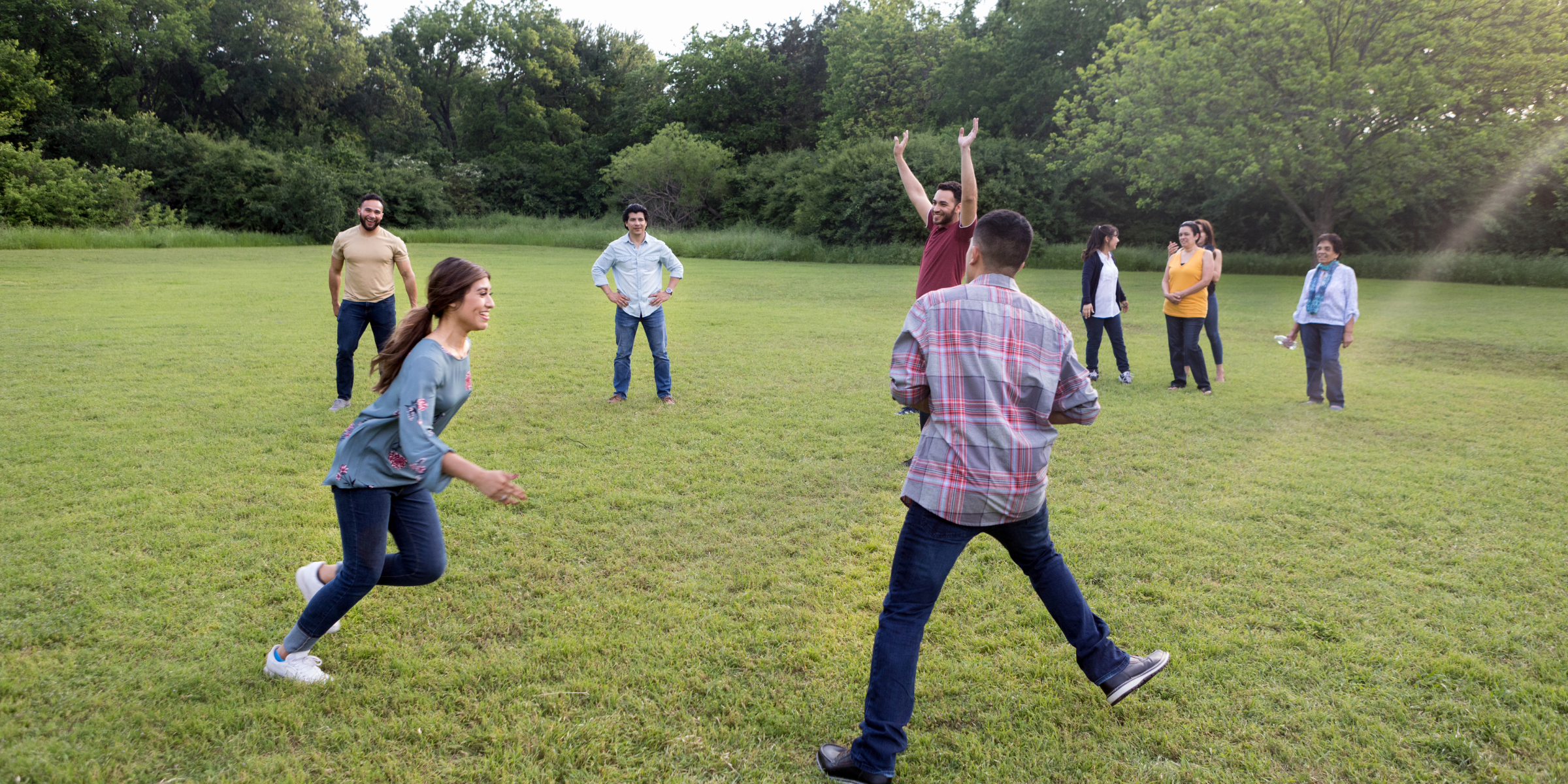If You Want to Change the World, Start Off By Making Your Bed
William Harry McRaven is a retired U.S. Navy four-star admiral who served for three years as the commander of the United States Special Operations Command (USSOCOM or SOCOM). Admiral McRaven is a highly decorated military officer. He retired from the U.S. Navy in 2014 (after more than 37 years of service), and was reportedly considered as President Biden’s choice to be Secretary of Defense.
On May 17, 2014, shortly before his retirement, Admiral McRaven was the Commencement speaker at the University of Texas at Austin. In his address, McRaven shared ten lessons he learned that deal with overcoming the trials of Navy SEAL training, and are equally important in dealing with the challenges we all face in life.
The speech was posted on YouTube, and went viral. To date, Admiral McRaven’s Commencement address at the University of Texas at Austin has been viewed 16 million times. It became so popular that Admiral McRaven published a book three years later, entitled “Make Your Bed: Little Things That Can Change Your Life…And Maybe the World.”
The book is a quick read, and the ten lessons McRaven shares are simple, yet very insightful. I always enjoy books like this because, although these lessons aren’t revelations, they’re presented in a unique way, which I appreciate, and I think you will, too.
There’s one lesson in particular I want to unpack: Make your bed.
I’ve been thinking a lot about my morning routine lately, which is what caused me to revisit Admiral McRaven’s book. I’ve known for a long time that how we start our day has a huge impact on our day overall. I’m very intentional about when I start my day, what activities fill my schedule in the morning, and how I leverage that time to create the results I want to achieve each day.
Ironically, I don’t make my bed. My convenient excuse is that my wife is still in it when I get up in the morning, and she wouldn’t appreciate having the bed made with her still in it. If I’m being honest, though, I’m not so sure I would make it even if she wasn’t in the bed. McRaven’s lesson isn’t lost on me, though. As you’ll understand shortly, it’s not about making the bed.
Our four children are all adults, and none of them live at home. So, technically, we are “empty nesters.” We do, however, have two dogs and a cat, and they all live with us.
My morning routine varies a bit, depending on the day and the demands of my week. But the first 20-30 minutes of my day, when I’m not traveling, is always the same. The first thing I do when I get up in the morning is feed our cat. He’s very patient, and we have an unspoken agreement that he won’t meow incessantly – as long as I feed him within the first two minutes of walking into the kitchen. Once Big Dog (yes, that’s the name of our cat) is fed, then I drink 16 ounces of lemon water, and pour my coffee.
Our dogs usually sleep for another 20 minutes or so, and their barking will alert me that they’re ready to be let outside. In the meantime – and this occurs most days – I empty the dishwasher. I’m not sure how or when this routine began, but it was probably sometime after our kids were out of the house. I think it’s important to share in the demands of housework, although I admit I definitely carry the lighter side of this burden.
Admiral McRaven’s theory is that by making your bed, you’ve already accomplished one thing in your day. By performing the simple act of tidying your bed, you begin your morning with a small “win”, and that small success will encourage other successes throughout the day.
Although I hadn’t thought about it this way before reading “Make Your Bed,” emptying (and then loading) the dishwasher is my equivalent of making the bed. It gives me a small sense of pride and, like the first step of my run later in the morning, it encourages me to take another step, and another, and another. The momentum that gets created from this simple first task can be the catalyst for significant results being created by the end of the day.
McRaven also suggests that a small task accomplished first thing in the morning will reinforce the fact that the little things in life truly matter. If you can’t do the little things right, he argues, then you will never do the big things right.
Finally, on days that fall short of expectations, if you come home to a bed that’s made, or think about something else you accomplished as your first task of the day, you can take solace in the encouragement that tomorrow will be better. Especially when you start the next morning by making your bed.
If you don’t already make your bed, or perform some other routine task to start your day, I encourage you to develop this new habit in your life. If you want to change the world, start off by making your bed.





